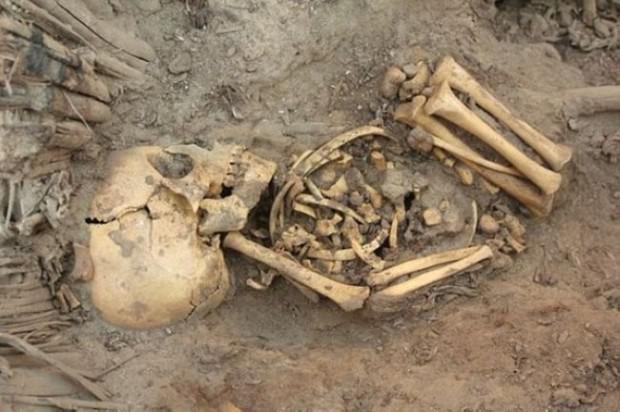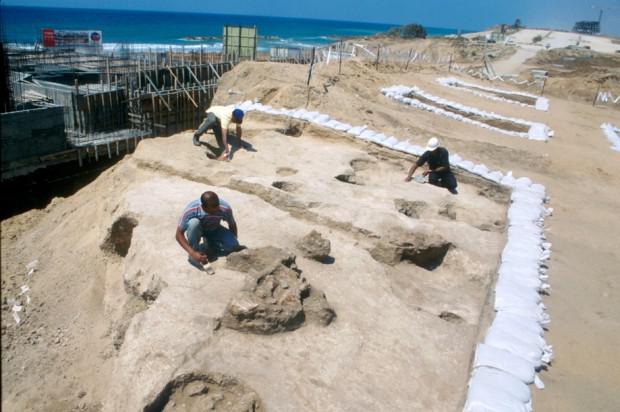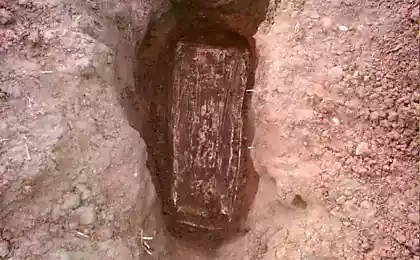791
In ancient Rome, the baby was considered inanimate, so infanticide was widespread
Archaeologists have found mass graves mladentsev
In modern society, infanticide is considered one of the most unforgivable crimes. However, archaeological evidence suggests that in the Roman Empire looked at it differently: studies have shown that this practice was considered an effective way to limit the size of families in a world where there was no contraception.
It is believed that infanticide was practiced in the Roman Empire for several reasons - the preservation of the family resources available to improve the lives of the surviving members of the family. Perhaps, in some cases, infanticide was seen as grace.
Archaeologists find huge burial skeletons of infants. Some researchers believe that the cemeteries are in place brothels, and the babies were unwanted children of prostitutes. But this theory is not too well with the other - with the I-st century BC people were known potions and concoctions for abortion.
On the south coast of Israel was previously Ashkelon - a city with infrastructure and, of course, public baths. Under one of these baths was found a mass grave of about 100 children under the age of three days, discarded, apparently in the sewers.

The skeleton was not noticeable any signs of diseases or malformations that could shed any light on why the child was killed. DNA testing shows that among the infants were about the same number of boys and girls, contrary to the theory that the girls in ancient times were unwanted children.

On the territory of the former Roman Empire we found a lot of these graves scattered all over Europe, and the reasons for the murder of children is unknown.
In those days, it was thought that the child can be considered a person only if he will live up to six months, and until then, according to, for example, Aurelius Augustine, the child was inanimate object, and his murder could not be punished because how he does not have any soul.
via factroom.ru

In modern society, infanticide is considered one of the most unforgivable crimes. However, archaeological evidence suggests that in the Roman Empire looked at it differently: studies have shown that this practice was considered an effective way to limit the size of families in a world where there was no contraception.
It is believed that infanticide was practiced in the Roman Empire for several reasons - the preservation of the family resources available to improve the lives of the surviving members of the family. Perhaps, in some cases, infanticide was seen as grace.
Archaeologists find huge burial skeletons of infants. Some researchers believe that the cemeteries are in place brothels, and the babies were unwanted children of prostitutes. But this theory is not too well with the other - with the I-st century BC people were known potions and concoctions for abortion.
On the south coast of Israel was previously Ashkelon - a city with infrastructure and, of course, public baths. Under one of these baths was found a mass grave of about 100 children under the age of three days, discarded, apparently in the sewers.

The skeleton was not noticeable any signs of diseases or malformations that could shed any light on why the child was killed. DNA testing shows that among the infants were about the same number of boys and girls, contrary to the theory that the girls in ancient times were unwanted children.

On the territory of the former Roman Empire we found a lot of these graves scattered all over Europe, and the reasons for the murder of children is unknown.
In those days, it was thought that the child can be considered a person only if he will live up to six months, and until then, according to, for example, Aurelius Augustine, the child was inanimate object, and his murder could not be punished because how he does not have any soul.
via factroom.ru
The difference between white and brown chicken eggs
A map of the countries with the world's most deadly roads























